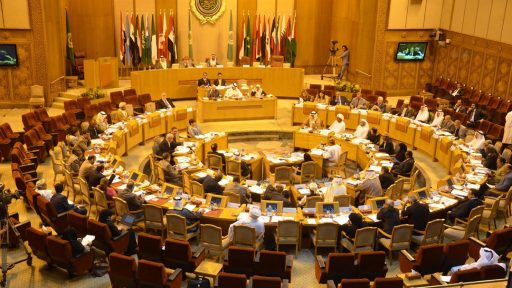- Home
- >
- Daily Accents
- >
- The Saudi Arabian reform slowdown and the oil price dilemma

The Saudi Arabian reform slowdown and the oil price dilemma

Just a year after its release, Saudi Arabia is reportedly slowing down the planned pace of the National Transformation Program, a bundle of targets and initiatives designed to deliver the “Vision 2030” plan to diversify the country’s economy and reduce its reliance on oil revenue.
The NTP was exceedingly ambitious from the start, with a head-spinning 543 initiatives and 346 targets. It has a laudable focus on concrete targets, measurable outcomes, transparency and accountability, along with a strong focus on boosting the education and skill levels of Saudi Arabian citizens. At the same time, many of the goals were unrealistic — tripling non-oil revenue by 2020, for example — and the pace of reform has been slower than intended.
The challenge for Saudi Arabia, however, is that low oil prices restrict its room for fiscal manoeuvre. . The kingdom is running large fiscal deficits and has seen its foreign reserves dwindle by almost a third since the end of 2014, to below $500bn. It can continue to borrow and draw on its reserves, but the prospect of “lower for longer” oil prices reinforces the imperative to shrink the fiscal hole by cutting state spending or raising other revenue.
The dilemma Saudi Arabia faces is that the harsher the austerity measures, the greater the contractionary effect on the economy of sharp cuts in government spending. The IMF recently downgraded the outlook for growth in gross domestic product to 0.1 per cent for 2017 and 1.1 per cent for 2018.
Moreover, cutting expenditure by shrinking the state payroll, imposing taxes or curtailing subsidies risks public backlash at a time of significant transition in the royal family.
Saudi Arabia matters immensely, both as a swing supplier of oil and for stability and security in the region. A serious effort to reduce its dependence on oil revenue, open up to foreign investment and liberalise its society should be supported and encouraged. Yet the challenges remain immense, especially as the shale era depresses oil prices and efforts to close the resulting fiscal deficits slow the economy.
Source: Financial Times
Junior Trader Stefan Panteleev
Original Post: The Saudi Arabian reform slowdown and the oil price dilemma
.
 Varchev Traders
Varchev Traders Read more:
If you think, we can improve that section,
please comment. Your oppinion is imortant for us.











